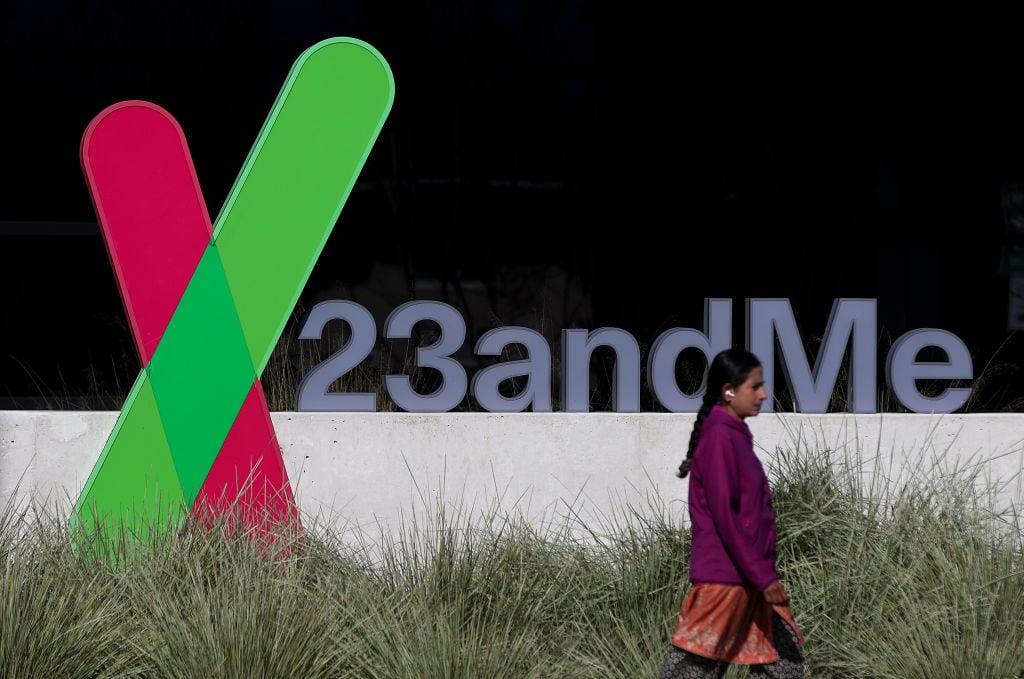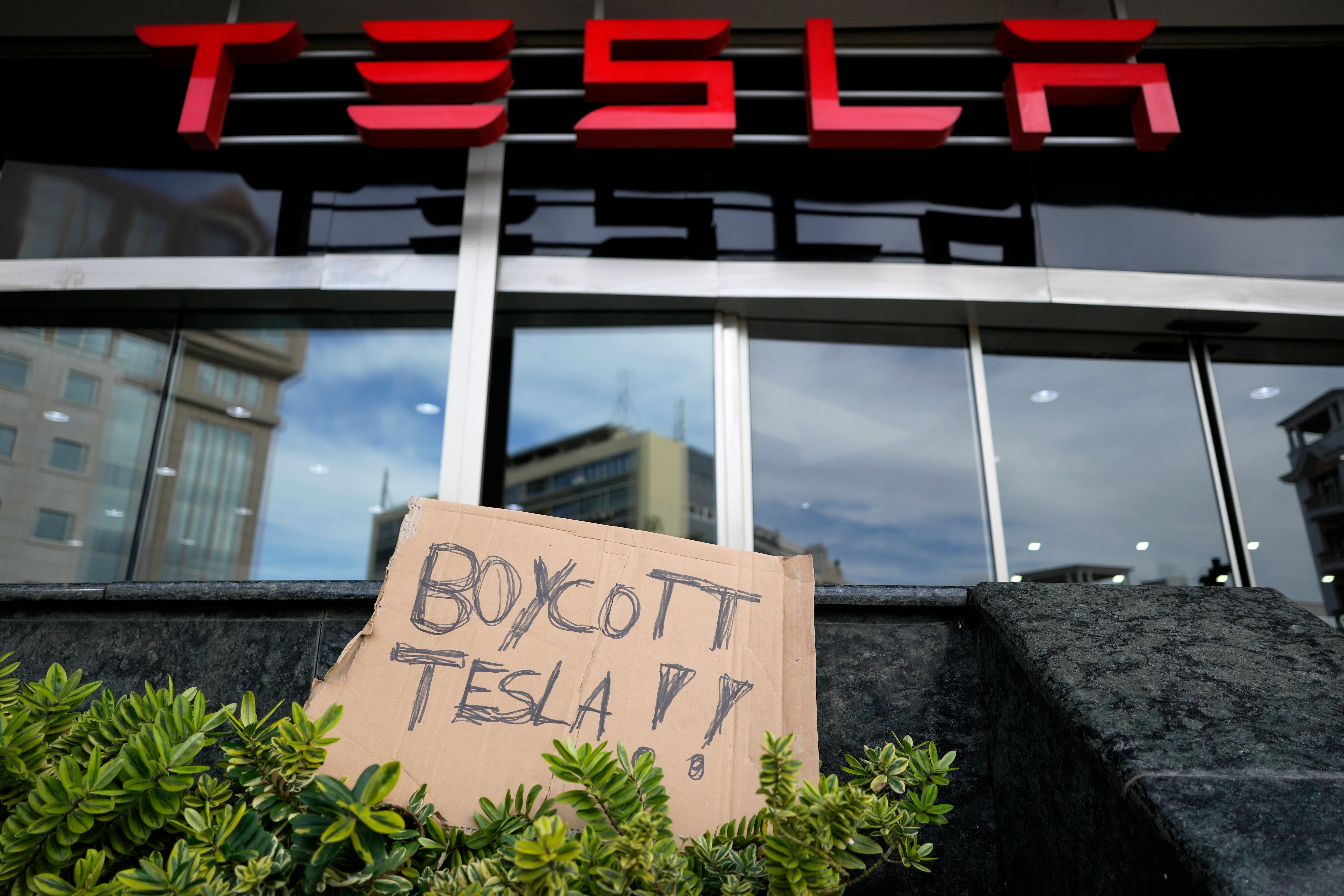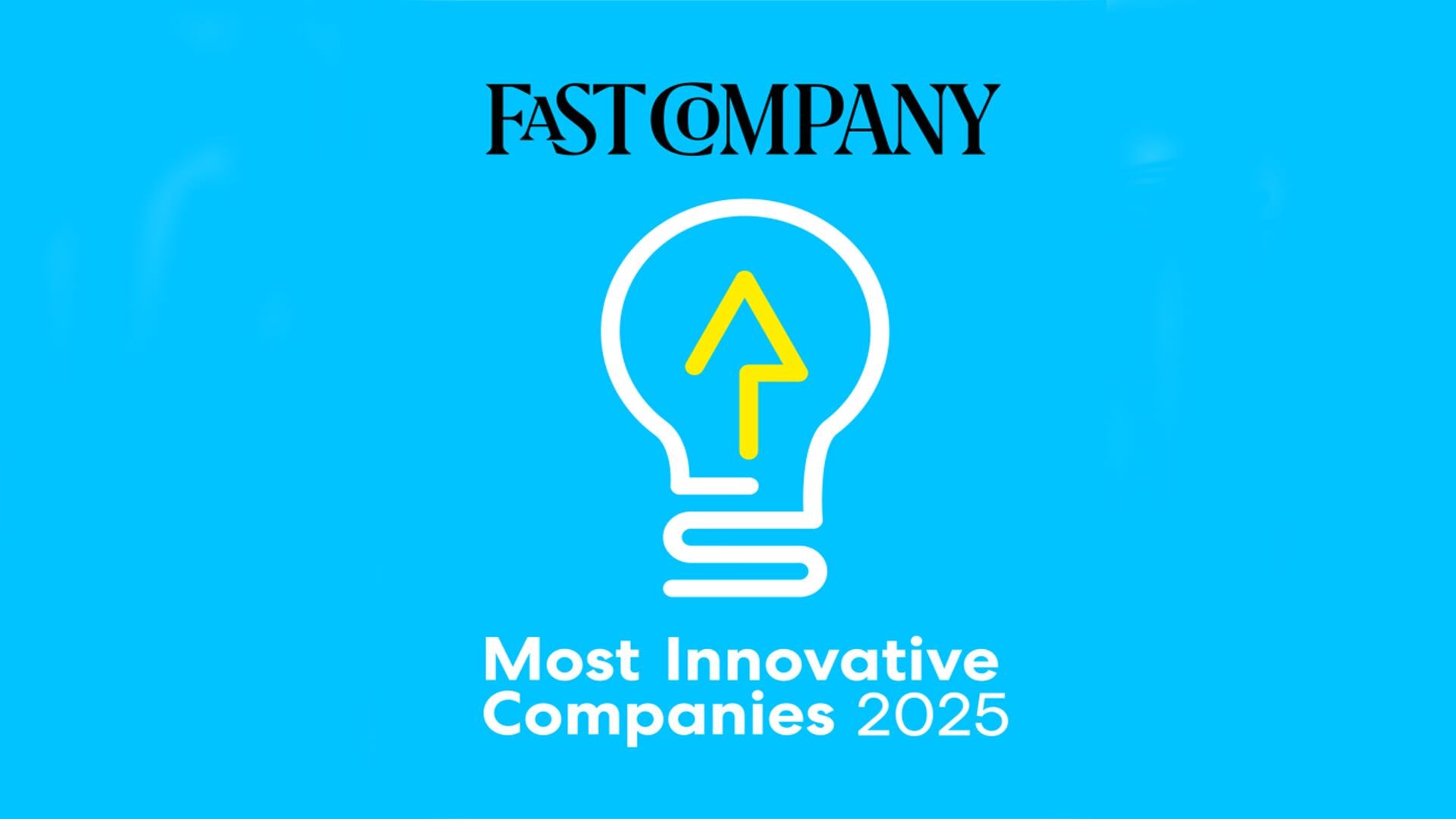*By Carlo Versano* Apple says it will build a $1 billion new campus in Austin, Tex. that would almost double the size of its current footprint in the city, with the room to house as many as 15,000 new jobs. Apple ($AAPL) made the announcement in an early morning press release, in which the company also committed to adding offices with 1,000 new jobs in Seattle, San Diego, and Culver City, Calif., as well as expand its operations in Pittsburgh, Colorado, Portland, Boston, and New York in the coming years. Apple's decision to build out its presence in Austin is a sign that the famously eccentric city in the middle of Texas is rapidly becoming a tech hub in its own right. Dell ($DVMT), Amazon ($AMZN), IBM ($IBM), and Facebook ($FB) are among the technology giants that call Austin home, and the city hosts the SXSW tech and media festival every spring. “Their decision to expand operations in our state is a testament to the high-quality workforce and unmatched economic environment that Texas offers," Texas Gov. Greg Abbott said of Apple. Apple's decision to announce its expansion plans by press release stood in contrast to the year-long pageantry of Amazon's HQ2 search. That expansion will create 50,000 new jobs, Amazon has said. Apple said it is on track to create 20,000 jobs in the U.S. by 2023. Those are largely non-manufacturing jobs, which the company still keeps overseas, to the [dismay](https://twitter.com/realDonaldTrump/status/1038453273286664193?ref_src=twsrc%5Etfw) of President Trump.












